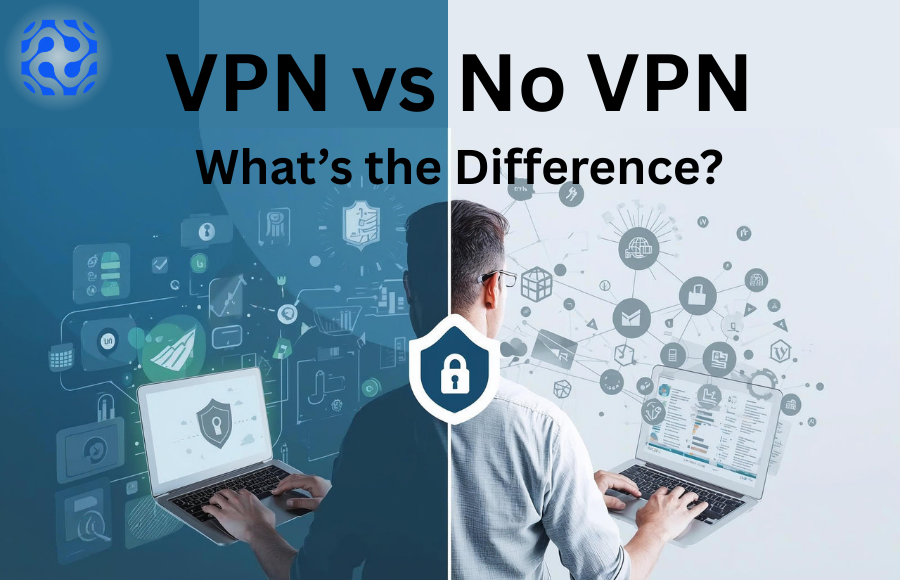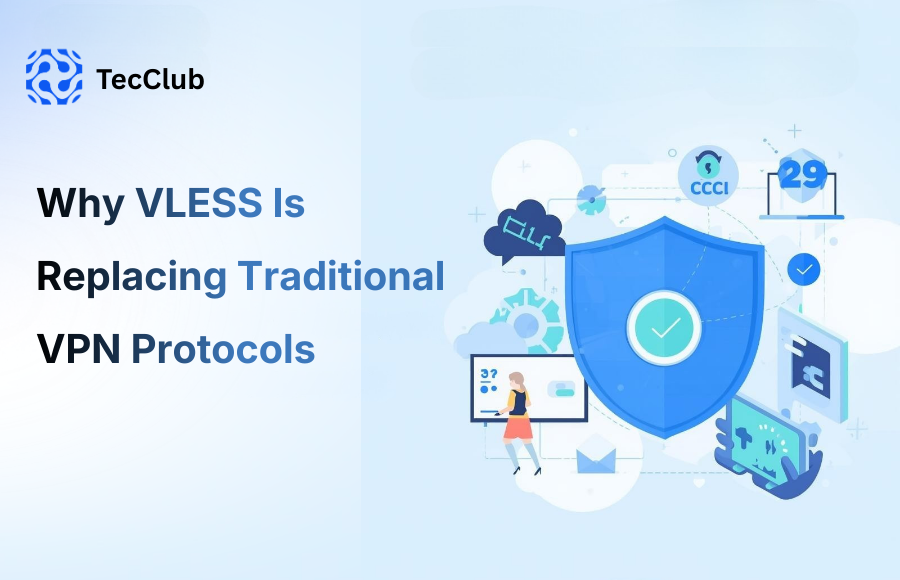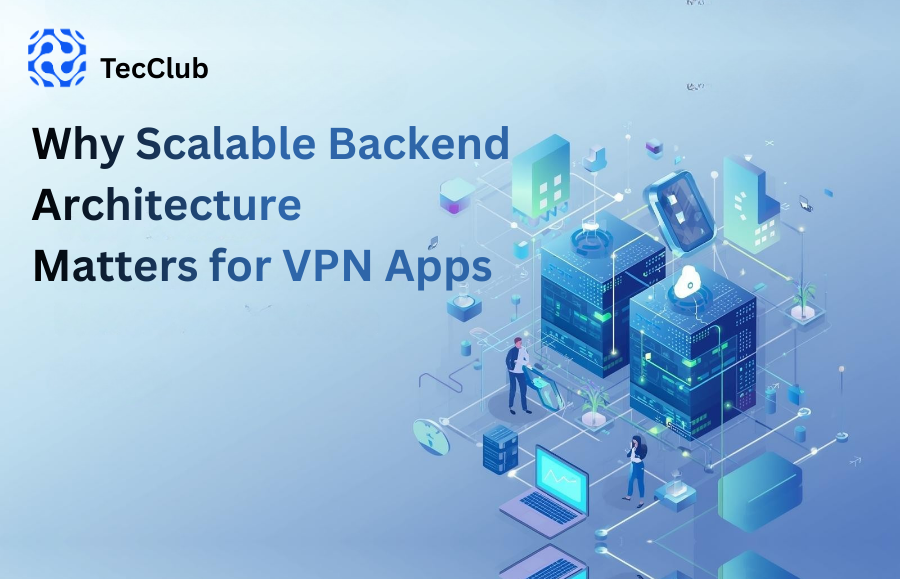
In today’s digital world, privacy and security are hot topics. Whether you’re browsing on public Wi-Fi, streaming your favorite shows, or accessing sensitive business data, your online activity is constantly being monitored by ISPs, advertisers, and sometimes even hackers.
This raises a common question: Do you really need a VPN? To answer that, let’s explore the differences between using a VPN vs not using one.
When you connect to the internet without a VPN, your traffic flows directly between your device and the websites or apps you visit.
Your IP Address is Visible: Websites, ISPs, and trackers can see your exact location.
Public Wi-Fi Risks: Hackers can easily intercept your data on unsecured networks.
Data Tracking: Advertisers and third parties collect your browsing history to build user profiles.
Geo-Restrictions: Content may be blocked depending on your country or region.
Limited Privacy: Governments, ISPs, or corporations can monitor your internet activity.
Simply put, without a VPN, your online presence is exposed and vulnerable.
A Virtual Private Network (VPN) encrypts your internet traffic and routes it through a secure server.
Encryption: Protects your data with bank-level encryption (AES-256).
Anonymity: Masks your IP address, keeping your location private.
Public Wi-Fi Security: Prevents hackers from stealing your information.
Bypass Restrictions: Lets you access blocked or geo-restricted websites and streaming services.
Safe Business Use: Employees can securely access company files, cloud platforms, and apps remotely.
In short, a VPN makes you nearly invisible online while keeping your data safe.
| Feature | With VPN | Without VPN |
|---|---|---|
| IP Address | Hidden, masked | Visible to everyone |
| Data Security | Encrypted traffic | Unencrypted, exposed |
| Public Wi-Fi Protection | Safe, secure | Risk of hacking |
| Anonymity | Strong anonymity | No anonymity |
| Geo-Restrictions | Bypassed | Content blocked |
| Tracking | Prevented | Advertisers & ISPs track you |
| Business Use | Secure remote access | Data leaks possible |
With cybercrime and data tracking at an all-time high, VPNs aren’t just for tech experts anymore—they’re for everyone:
Individuals: Protect personal data, streaming freedom, and browsing privacy.
Businesses: Ensure secure communication, prevent data breaches, and comply with privacy regulations.
Remote Workers: Safely access files and systems from anywhere.
| VPN Type | Cost | Best For |
|---|---|---|
| Consumer VPNs | $5 – $12/month | Everyday users who want privacy & streaming access |
| Business VPNs | $7 – $15/user/month | Teams needing secure remote access |
| Enterprise VPNs | $500 – $2,000+/month | Large organizations with advanced needs |
Tip: Cloud-native VPNs (like NordLayer, Perimeter 81) offer great flexibility for modern businesses.
The difference between VPN vs No VPN comes down to one word: security. Without a VPN, you’re leaving your data exposed to hackers, trackers, and surveillance. With a VPN, you gain encryption, anonymity, and control over your digital life.
At TecClub Technology, we believe VPNs are no longer optional—they’re essential tools for protecting privacy in the modern world.

VLESS is emerging as a powerful alternative to traditional VPN protocols, offeri...
Read More